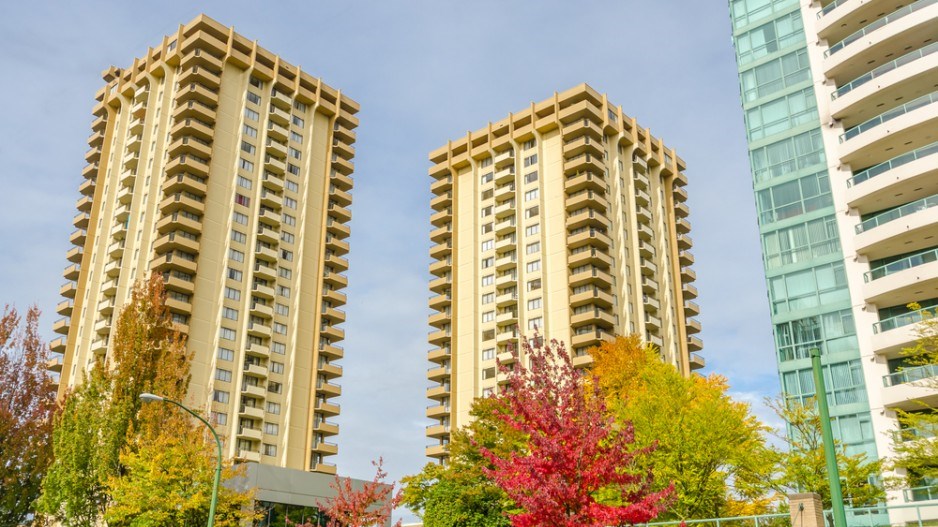Social returns
This week’s conference devoted to social-purpose real estate – organized by Vancouver’s aptly named Social Purpose Real Estate Collaborative – will hear some stunning numbers pulled together by the Central City Foundation and consultancy Urban Matters regarding the return on social-purpose properties.
Defined as “property and facilities owned and/or operated by mission-based organizations and investors for the purpose of community benefit and to achieve blended value returns,” social-purpose real estate accounts for 40% of Central City’s $36 million asset base.
The study with Urban Matters determined that investment in the operation and maintenance of those properties yields between $2.4 million and $3.4 million in direct social benefits to the community or approximately $3.90 for every dollar spent.
The study also estimated between $4 million and $11 million in indirect benefits to the community from providing housing, health services, counselling and other activities that occur within the real estate.
Overall, the social return on capital investments in Central City’s real estate portfolio is approximately 18%.
“We have a greater impact than we would have if we were simply just making grants from the income of this foundation,” said Jennifer Johnstone, the foundation’s president and CEO. “By providing ongoing space for community organizations to deliver services, we are able to have a greater impact. … This study helps us to put some numbers to that.”
Crown asset
Positive returns on social-purpose real estate could encourage more partnerships as traditional sources of funding dry up.
The residential division of the Beedie Group is seeing the potential with the inclusion of seven social housing units in its 180-unit Crown tower in Coquitlam.
YWCA Metro Vancouver will acquire the units and lease them at below-market rates to single mothers with children. The project provides additional space adjacent to YWCA’s 30-unit Como Lake Gardens apartment project.
Beedie is providing the units in response to the city’s desire to have more social housing; the YWCA, meanwhile, affordably adds to the 134 units of social housing it operates across Metro Vancouver.
“[We] get the units at a slightly reduced price,” said Arthur Mills, vice-president, housing services, for YWCA. “In the past, BC Housing would provide all the capital funding, but that’s no longer the case. You need these partnerships in order to get something done.”
A similar arrangement is under discussion with another municipality, while two projects will deliver 52 units at city-owned sites in Vancouver.
“There’s not enough social housing units being built; the need will certainly continue,” Mills said. “That’s the way we’re seeing a lot of our projects coming together.”
Affordable space
Two years ago, Central City Foundation released a report underscoring the insecure tenure of premises many community organizations experience.
Rents, driven north by rising property taxes, make life anything but easy, and the prevailing trade in development sites across East Vancouver is compounding the challenges.
“The cost of land is a challenge for everything that we’re doing,” said Johnstone.
Indeed, as condo marketer Bob Rennie noted in a May 22 address to the Urban Development Institute, the city needs to respond to unaffordable real estate rather than allow a “terribly, terribly infectious” negative rhetoric drive the conversation.
“The state of affordability is potentially toxic,” he told listeners.
Record-high land costs and rising construction costs compound the angst over the loss of single-family homes, he said, while community organizations must recognize the need for creative solutions to accommodate residents and the groups that serve them.
“We have, rightfully so, very upset neighbourhood and community groups,” Rennie said.
But without a recognition that single-family neighbourhoods will become denser as people and services increase, Rennie sees the angst miring the city in the past rather than a workable future. •




